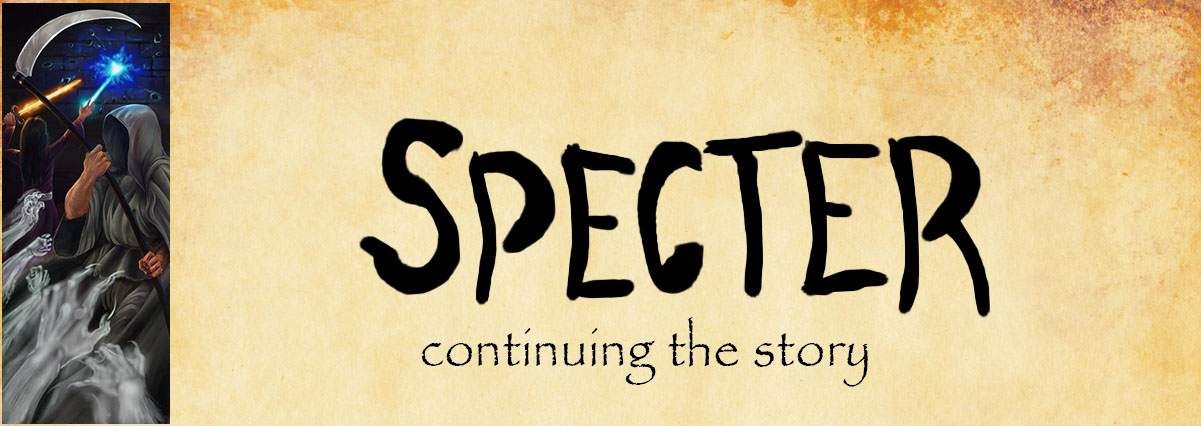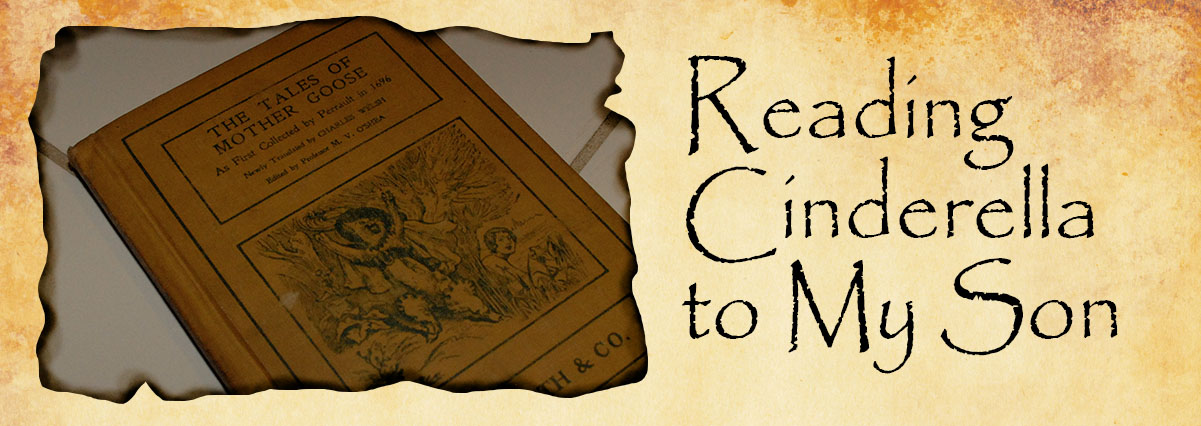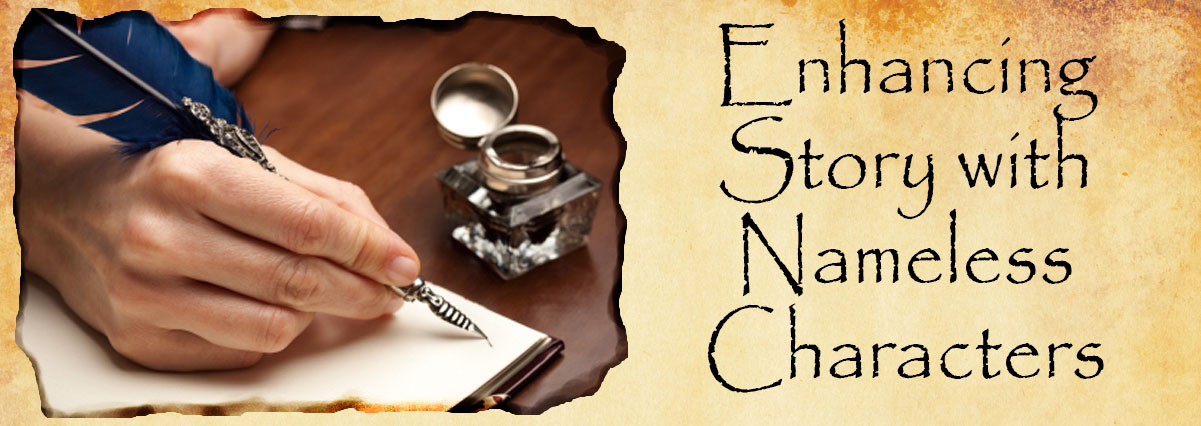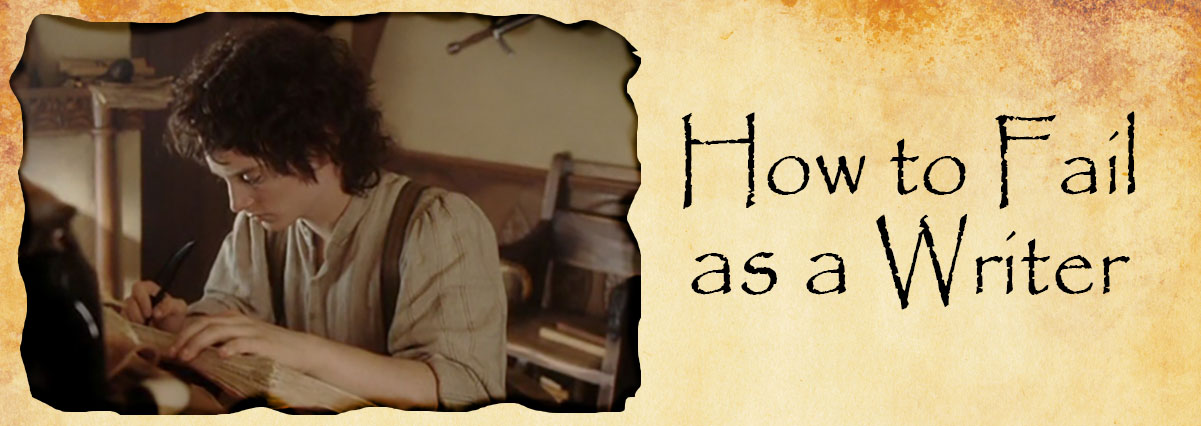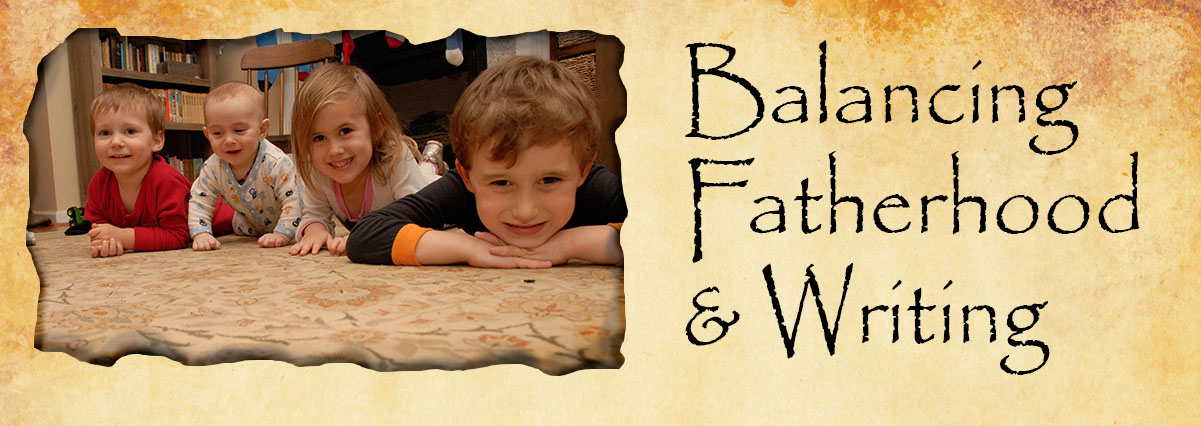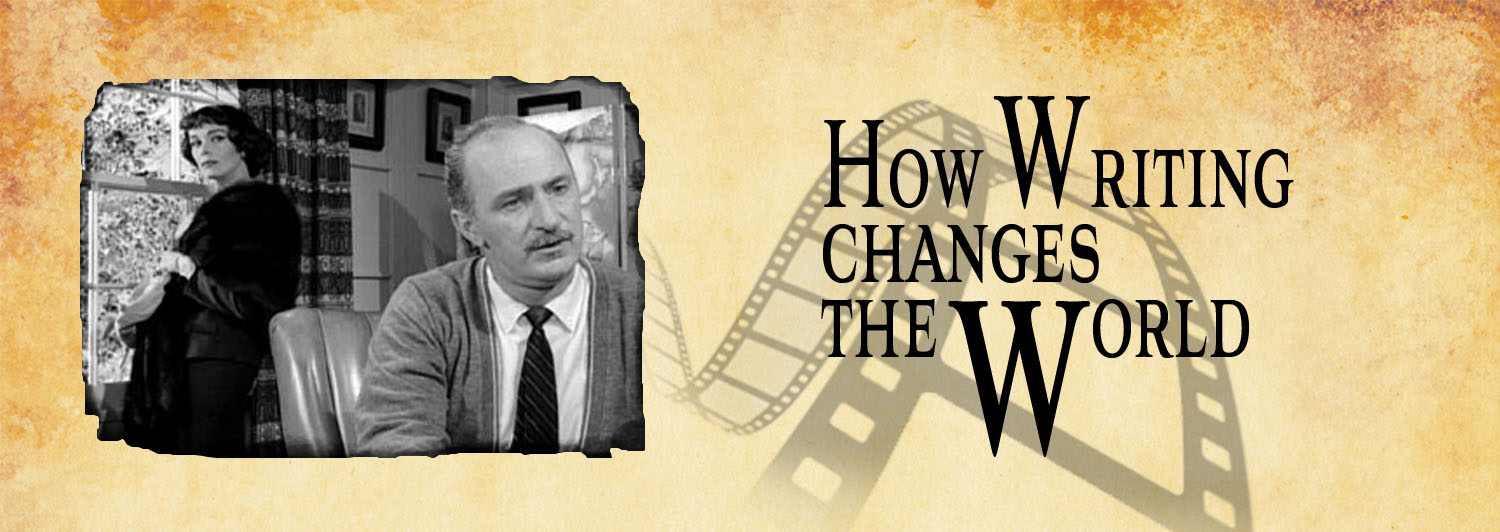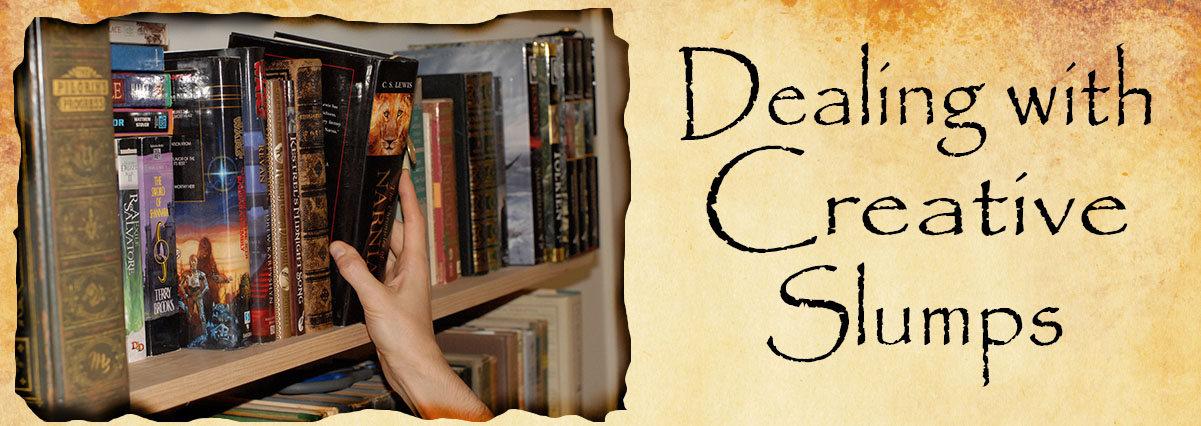Backstage pass! Specter: the story continues
Often when writing a fantasy story the original drafts do not contain all of the key elements that flesh out a good tale. But in future drafts as the story evolves, especially if you are a seat-of-the-pants writer, new elements and even new characters come into play. When writing my first novel Swords of the Six I created an utterly unexpected character with which fans of the books fell in love. He is the most popular protagonist, yet his story (for that series) came to an end in Key of Living Fire. Many people have wondered, “What happened to Specter?”
For a few years I have toyed with the idea of following Specter on his journey away from the events in The Sword of the Dragon series. Now, I am pleased to say, the opening chapter to a forthcoming episode following Specter is written. This will likely flesh out into a novel of its own, but for now I am writing it as a longer short story. One that you will find a satisfying addition to the fantasy genre. For now it is titled Specter: By the Portal’s Glow and I am looking to release this Spring 2016.
Here is a tease of what is to come:
Specter: By the Portal’s Glow
Warmth enveloped Specter’s body, cradling him through waves of light and color as the portal sped him where it would. The darkness of the Hidden Realm was left far behind. Ribbons of light formed a veritable rainbow upon which he walked. Portal travel was not new to him, he let it speed him on and waited to see what undiscovered destination it held in store for him.
A few hours or more were lost to him. He waited for the destination to emerge, for never had a portal journey continued for such an extended time. He thought with satisfaction of the frustrated creature that had tried to pursue him. The white beast had been monstrous. Even the dragon Valorian, which vile beast Specter had long dreaded, had proved but a nuisance to the creature as it broke the dragon.
This path of light now spirited him out of the creature’s reach. Not that he was a coward. Specter allowed himself a smile as he lifted before his face the prized skeleton key that the water skeel had sought to obtain. Fire played on the key, burning from within its bronze surface. With this now in his hand the power of living fire would remain sealed in the Hold. It would remain accessible only to the stouthearted man wielding the sword of the dragon.
Perhaps now was the time to bring Specter’s life to an appropriately humble retirement. He glanced at his other fist, flexing his ice fingers. It was a strange thing but wondrous. Where his hand had been severed he had grown one of ice from the realm of the Water Skeels. And his icy fist grasped the two-handed sword of hard crystal that he had crafted from water. A thing of beauty, he had carved through Valorian’s host with this weapon. He had formed it in the image of the sword he had wielded a thousand years ago. It was time to lay this weapon aside, to leave behind the nemesis that he had been to the Grim Reaper. That vile being was dead by his hand, its skull shattered and scattered to the wind in the city of Netroth. And Specter’s pupil, Auron, thinking himself capable of continuing in the Reaper’s steps, now lay dead in the Hidden Realm.
“I saved you once, Auron,” Specter whispered to the vast streams of color. “I saved you and your demise was just. I will not weep at the death of one as vile as you. Instead I embrace the future of those like Ilfedo and Oganna who will seek righteousness and justice.”
In the midst of Specter’s musings the streams of color flashed with angry white. Over his shoulder he glimpsed the tunnel of light collapsing in his wake. His eyes widened in horror. He possessed knowledge spanning over a thousand years, yet he could not recall even a mention of anything similar to this occurrence.
The walls of his tunnel of light thinned. He glimpsed the black depths of space stretching in all directions. Stars flashed by in a blur, for his passage among them was swift. His heart thudded in his chest, such as he had not felt in a long time. He was helpless. Trapped. He had chosen wrong. By stepping into the portal he had succeeded in preserving the power of living fire, yet invariably he had doomed himself by passing into a failing portal.
He held the key of living fire before his face once again, frowning as he studied it. Could it be used to fuel the portal to propel him to the end of this journey? He shook his head, stuffing the key into the lining of his cloak. At least here, in the black depths of the sky, the key would remain safe. There was no greater hiding place than this.
Kneeling in the shimmering current, he resigned himself to the care of God. Nowhere else could he turn. He closed his eyes against the tears his heart longed to bleed. He released his dream for his own future life of quiet, and the possibility of finding a life of peace. War had been his existence. War, treachery, and violence.
Suddenly the floor dropped from under him. He opened his eyes as he tumbled headfirst down a side shaft of light. Behind him the air screamed out of the light tunnel. As he rolled down the side shaft he caught glimpses of the passage vanishing into the void of space.
To be continued (in great detail)…
Q: Would you like to see a Specter novel?
